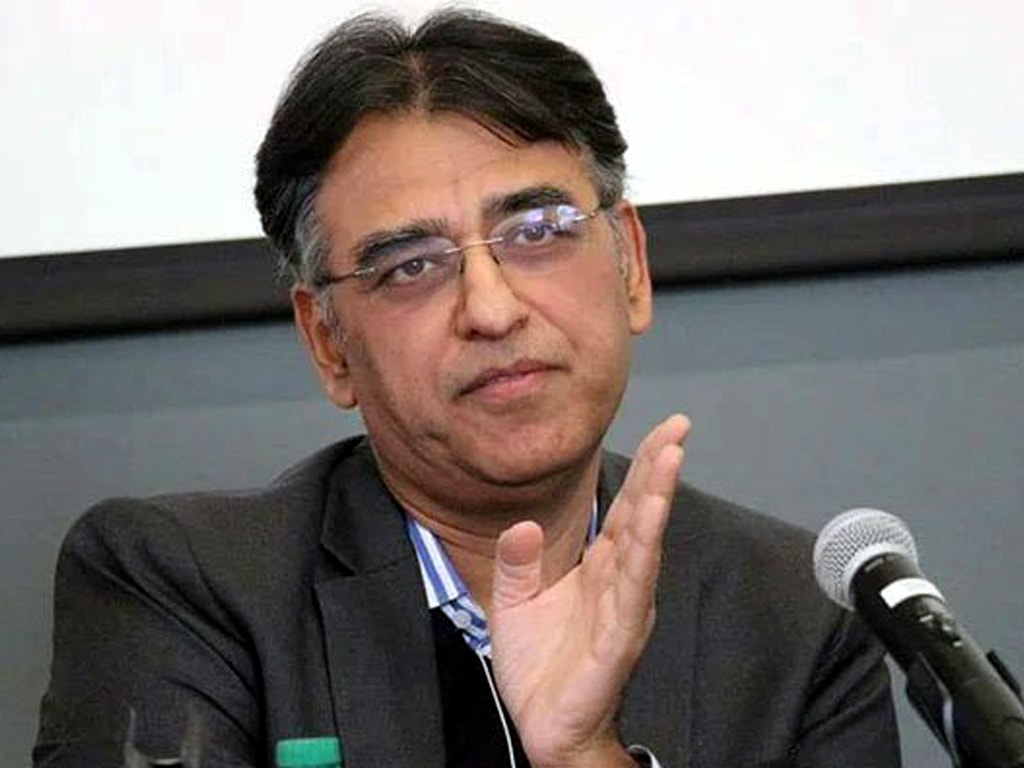ISLAMABAD: Federal Minister for Planning, Development and Special Initiatives Asad Umar said the federal government and Gilgit-Baltistan (G-B) administration would jointly formulate and announce an integrated development plan under Public-Private Partnership (PPP) mode for the people of G-B.
Asad Umar expressed these views, while chairing a joint meeting with GB Chief Minister Khalid Khurshid, for preparation of an integrated plan for development of G-B in Islamabad on Wednesday.
Deputy Chairman Planning Commission, Secretary Planning, Chief Secretary G-B, and other senior officials attended the meeting.
The meeting decided to constitute technical working groups comprising relevant chiefs of Ministry of Planning and officers of the G-B.
Apex Committee under Chief Minister G-B and Inter-Ministerial Committee under Deputy Chairman Planning Commission will monitor the preparation and implementation of the development plan.
Welcoming the Gilgit-Baltistan chief minister, Federal Minister Asad Umar said the development needs of G-B had been neglected for a long time.
He directed the relevant departments to work together to identify potential projects in the public sector, as well as in the PPP mode.
The Chief Minister G-B said that initiative taken by the Minister for Planning Development and Special Initiatives was the first if its kind for G-B and it would greatly benefit the people of the area.
He said “all the potential sectors should be included in this development package and it should be ensured that all projects start on time and are completed on time.”
Secretary Planning Mathar Niaz Rana presented the broad contours of Gilgit-Baltistan Development Plan and potential prioritised projects to be included in the plan by adopting an integrated regional development approach.
The secretary stated that the Ministry of Planning had already finalised Karachi Transformation Plan, and integrated development plan for Southern Balochistan under the directions of the prime minister.
He said the G-B development plan would be a continuation of the same process.
He said the priority areas of interventions being considered fall in all sectors including: clean energy, infrastructure, tourism and allied facilities, hospitals management, gems and minerals, small industry, private sector development, commerce and border markets, e-commerce, dry ports, health, nursing, social welfare, poverty alleviation, women and youth development, education, agriculture, livestock fisheries, and IT and telecommunications.
Copyright Business Recorder, 2021

























Comments
Comments are closed.